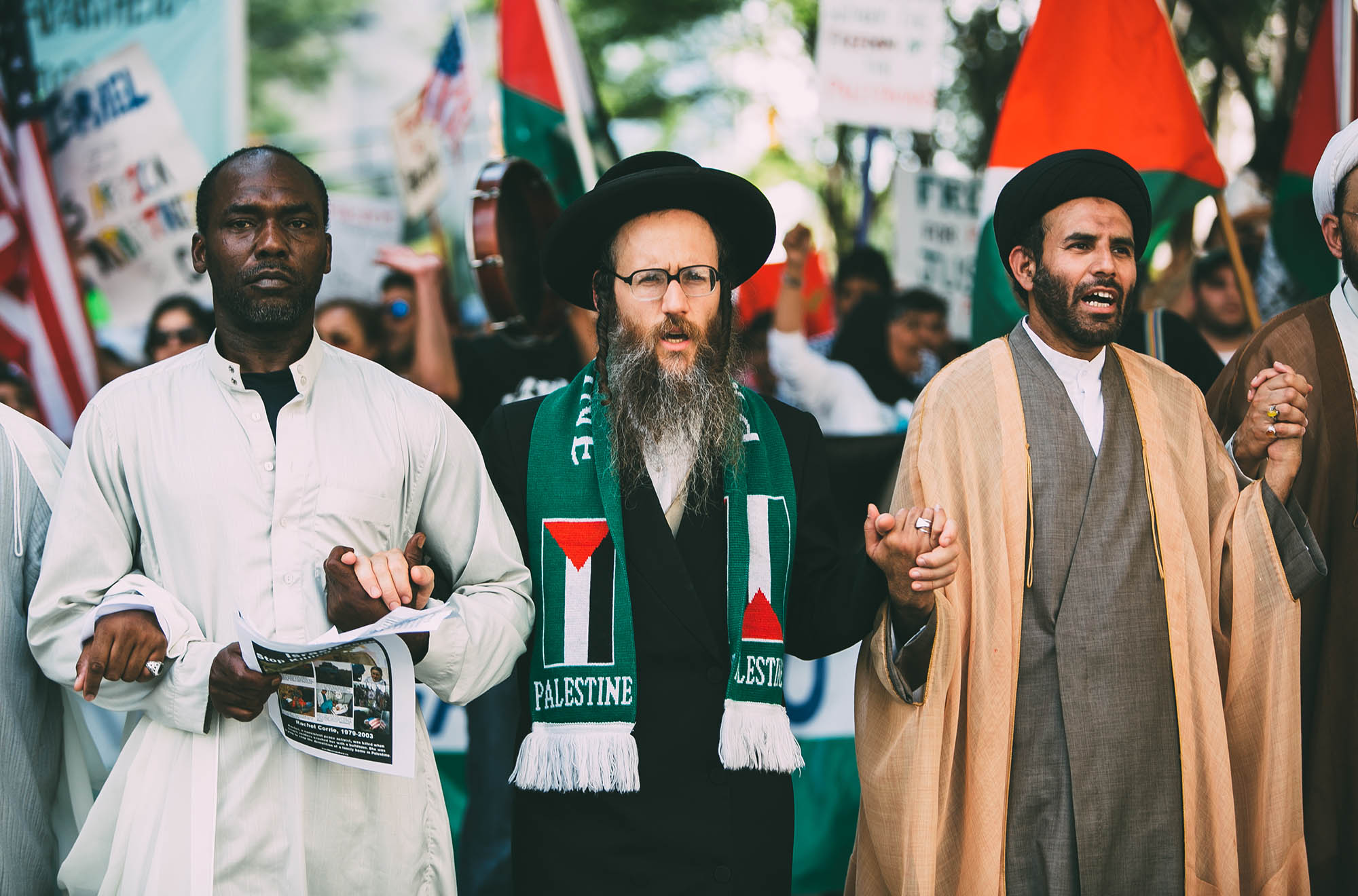Being the pope is anything but easy. Yesterday Pope Francis explained why he refuses to call any kind of terrorism “Islamic.” He said identifying Islam with violence is neither right nor true. He went on to acknowledge that every religion always has “a little fundamentalist group,” but that we shouldn’t speak of “Islamic terrorism” anymore than we should label Italy’s Mafia violence “Catholic [or Christian] violence.” Not surprisingly, in the aftermath of the Nice attack, many in France took strong exception to his remarks. His words instantly led to the hashtag #PasMonPape’s (Not my pope) becoming the number one trend in France.
So who is right, the pope or his French detractors? The pope is certainly right to see danger in calling terrorist acts “Islamic,” which so easily leads to the assumption that all Muslims support terrorism and to the demonization of Muslims. Like a virus that overtakes its host, such Islamophobia would lead the French to barter their vision of “Liberté, egalité, fraternité” (liberty, equality and fraternity) for a chimera of security based on essential religious profiling. So we can admire the pope for refusing to point the French in that direction.
However, Pope Francis oversimplifies when he rejects all use of the term “Islamic terrorism.” And that poses an equally grave danger. For by not doing justice to what’s really there—by suggesting that Muslim fundamentalists are just a misguided fringe group—he prompts many to advocate the opposite oversimplification. Equally inaccurate, it reduces Islam to the one thing the pope’s oversimplification excludes. But far too much is at stake here for us to force people to choose between opposing distortions. Even in an age of tweets and sound bites, we must commit to dealing faithfully with all the complexity a world religion like Islam presents. And such faithfulness excludes oversimplification. The pope’s assumption seems to be that religion by nature has no interest in war. Instead others with economic motives, for example, simply make use of religion to justify their violence. If only it were so simple!
When tempted to oversimplify Islam, I picture the thousands of Muslims in Egypt that stood shoulder to shoulder in the summer of 2013, forming human chains around churches either destroyed or threatened by members of the Muslim Brotherhood. There’s nothing simple about Muslims defending Christians from their fellow Muslims. And that scene of Muslims standing in solidarity with fellow monotheists, condemning Islamist violence against them and affirming their right to worship was replayed by Muslims in Pakistan, France and Norway.
What percentage of Muslims is, like the Muslim Brotherhood, committed to coercion and violence when “necessary” in their pursuit of justice? And what percentage would oppose such violence to the point of making themselves human shields? There are no numbers to be had in either case—just educated guesses. That’s part of the situation’s complexity. But be assured that both groups of Muslims are very significant. To minimize either one is to distort the picture.
Regrettably, the pope’s equation of “Islamic terrorism” with “Catholic violence” did just that. What Mafia don commits violence in defense of “Catholicism”? Far more critically, both the Qur’an, Islam’s founding document, and Muhammad,* whom Muslims deem the supreme exemplar of Islamic virtue, commanded coercive violence in Islam’s founding. Muslims are clearly divided over what to do with those calls to violence today. But that doesn’t mean we should pretend the calls were never made, especially when some Muslims are determined to live and die by them. Perhaps if the Byzantine Emperor Heraclius (d. 641 CE) had founded Christianity and Christians had only the Old Testament, the pope’s comparison might have some validity. But Jesus founded Christianity and the New Testament clearly calls Christians to love and non-violence, however much some Christians ignore his calls.
France finds itself caught in a ghastly guerilla war, waged by Muslims who commit terrorist acts in the name of Islam. The French desperately need wisdom to know how to respond. For all his sensitivity, the pope has given them an oversimplification instead, reducing his credibility in the eyes of many. We must not let fear of Islamophobia keep us from acknowledging that ISIS represents an extreme interpretation of the Qur’an. If the pope persists in this, he will contribute to a growing national polarization in which each side focuses on one aspect of Islam’s complexity, while denying the other. I’m convinced he can do much better. As Jean Vanier has said, every act of violence is a message that calls for greater understanding. Here Pope Francis—and we with him—should follow the advice of his namesake and seek to understand more than be understood. This alone will save the French and the rest of us in the West from the political rending that threatens us as much as any sort of terrorist in our midst.
Photo above: Pope Francis shakes hands with Sheik Ahmed el-Tayyib, Grand Imam of Al-Azhar Mosque, during a private audience in the Vatican’s Apostolic Palace, Monday, May 23, 2016. L’Osservatore Romano, pool photo via AP.
*Peace Be Upon His Descendants.



